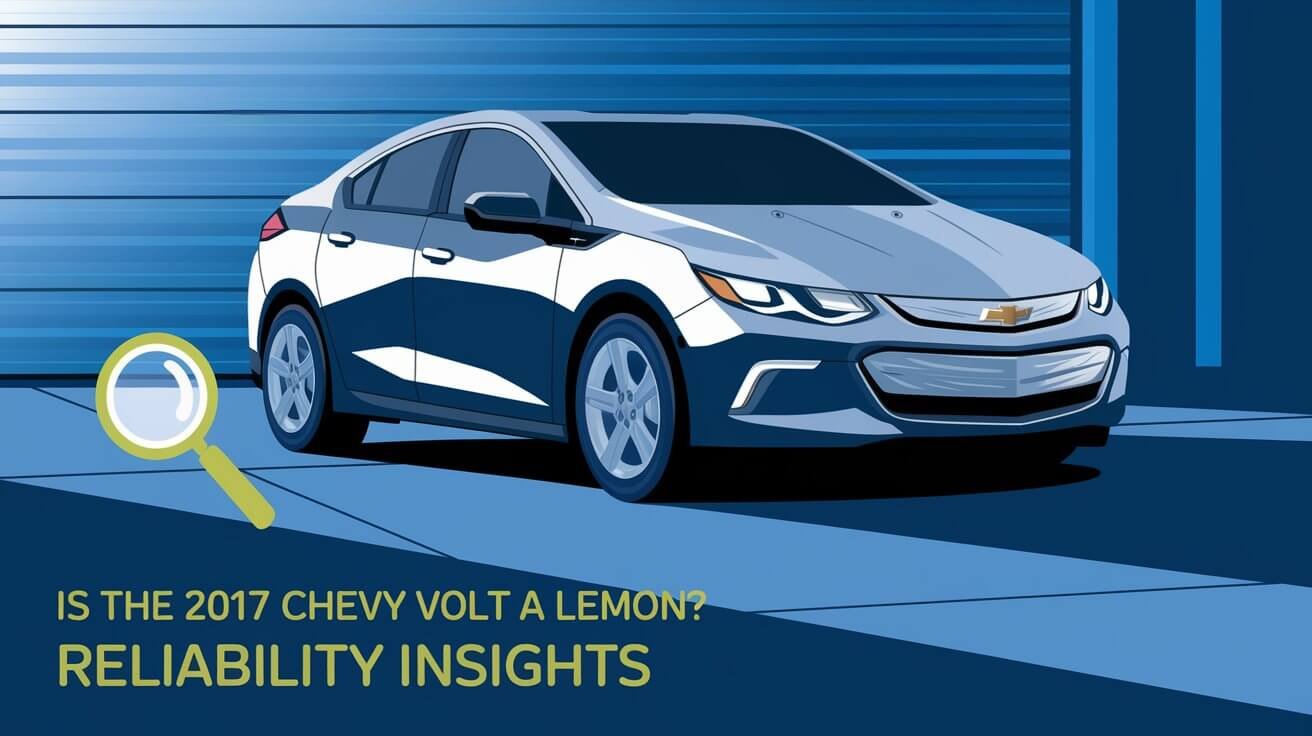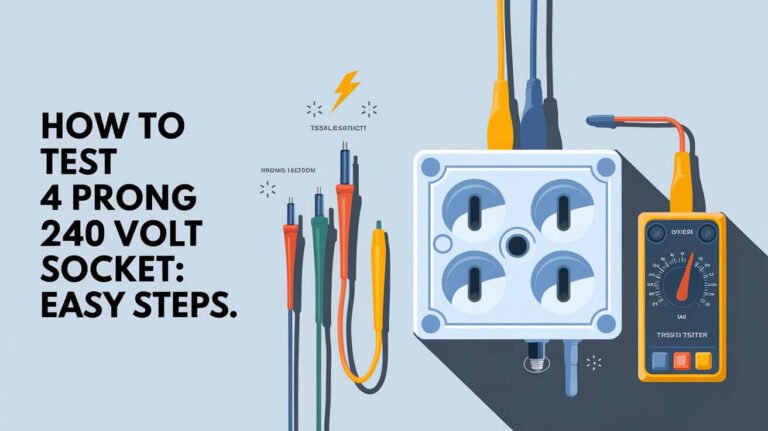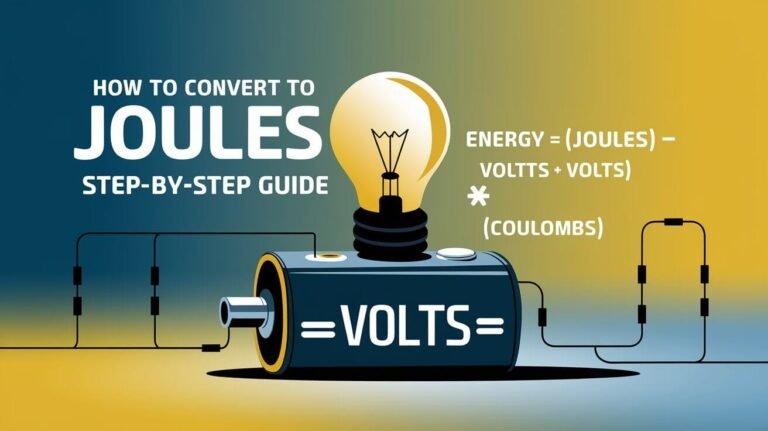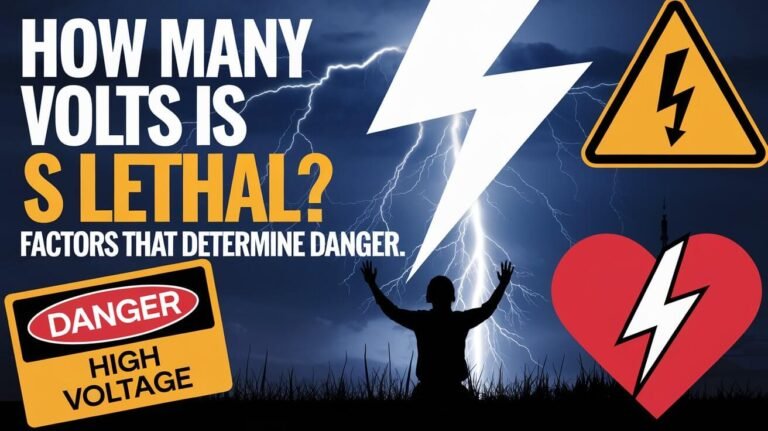
The 2017 Chevrolet Volt is a plug-in hybrid electric vehicle. It combines electric driving with gasoline range extension. But, some owners have concerns about its reliability, which might make it a Chevy Volt lemon law case.
These concerns include electrical system failures and unexpected power loss. It’s important to look into the 2017 Chevy Volt’s reliability to see if it’s a lemon.
Some owners of the 2017 Chevy Volt have faced issues with its propulsion system. They’ve reported reduced power and stalling, which is a big safety concern. The National Highway Traffic Safety Administration (NHTSA) has looked into these problems.
Owners are now seeking help from legal experts. They want to understand their consumer rights. They also want to fight for proper solutions, focusing on the 2017 Chevy Volt’s reliability and possible Chevy Volt lemon law claims.
2017 Chevy Volt Technical Specifications
The 2017 Chevy Volt is a hybrid electric vehicle with impressive specs. It has a notable electric-only driving range. The total battery capacity is key to its performance.
The 2017 Chevy Volt has a gasoline engine and an electric motor. This combo makes driving efficient and green. You can charge it in different ways, like Level 1, Level 2, and DC fast charging.
Battery Range and Capacity
The 2017 Chevy Volt can go 45-50 miles on electric power alone. This is a big jump from earlier models, which could only go 25-30 miles. Its battery system is robust.
Engine Performance Metrics
The Volt’s gasoline engine works well with its electric motor. This setup boosts efficiency and cuts down on emissions. It can get over 200 mpg in electric mode. On long trips, it stays at 40 mpg.
Charging Capabilities
The 2017 Chevy Volt offers several charging options. You can choose from Level 1, Level 2, and DC fast charging. Each method has its own time frame. Knowing how to charge it is key to enjoying its benefits.
Common Problems Reported in the 2017 Chevy Volt
The 2017 Chevy Volt has faced several common issues. These include problems with the battery pack, glitches in the infotainment system, and issues with the 12-volt battery. Some drivers have also noticed occasional powertrain problems.
Some of the most frequently reported Volt common problems include:
- Electrical system failures, which can cause the vehicle to lose propulsion
- Battery energy control module failures, which can affect the vehicle’s movement at highway speeds or start-up
- Infotainment system glitches, which can be frustrating for drivers
It’s important for owners to know about these issues. They should take their vehicle to a authorized dealership for regular maintenance and repairs. This can help prevent more severe problems and keep the vehicle in good condition.
| Problem | Description |
|---|---|
| Electrical system failures | Can cause the vehicle to lose propulsion |
| Battery energy control module failures | Can affect the vehicle’s movement at highway speeds or start-up |
| Infotainment system glitches | Can be frustrating for drivers |
Battery System Performance and Durability
The Chevy Volt’s battery system has caught the attention of many owners. Some have noticed Chevy Volt battery degradation, which can reduce the car’s range and performance. Volt charging problems have also been reported, making things worse.
Some owners have faced issues with the Volt’s battery pack. These range from a decrease in range to a complete failure. It’s important to fix these problems quickly to avoid more damage to the car. The Volt’s battery system is built to last, but it can wear out over time.
Let’s explore some common problems with the Chevy Volt’s battery system:
- Chevy Volt battery degradation, leading to reduced range and performance
- Volt charging problems, which can cause inconvenience and affect the overall ownership experience
- Temperature management concerns, which can impact battery performance and longevity
It’s key for owners to know about these issues and take steps to keep their battery system in good shape. Regular maintenance and quick action on any problems can help avoid bigger issues.
| Issue | Description |
|---|---|
| Chevy Volt battery degradation | Reduced range and performance due to battery wear and tear |
| Volt charging problems | Difficulty charging the vehicle, leading to inconvenience and affected ownership experience |
| Temperature management concerns | Potential impact on battery performance and longevity due to extreme temperatures |
Electrical System Analysis
The 2017 Chevy Volt has had its share of electrical issues. Some owners have faced complete electrical failures, making it hard to charge or start the car. These problems can be very frustrating and leave people stuck.
Service bulletins show a variety of electrical system concerns. These include issues with the anti-lock braking system, service traction control system, and StabiliTrak lights. These are just a few of the problems owners have faced.
Some service bulletins are worth noting. TSB #PIC5428G helps diagnose and fix vehicles with specific warning lights. TSB #16NA256 warns against driving with the brake and accelerator pedals pressed at the same time. This can cause a malfunction indicator lamp and loss of regenerative braking.
These failures can be due to software glitches or hardware malfunctions. It’s important to understand the causes to prevent future issues.
Key areas of concern in the electrical system of the 2017 Chevy Volt include:
- Brake system components, with some owners experiencing brake pedal squeak noise during application and release
- Engine oil life monitor calculation and operation
- Battery testing and warranty details
- Equipment issues, such as door glass chips or scratches
It’s vital for owners to know about these electrical system issues. They should address them quickly to avoid bigger problems. By staying informed and proactive, Chevy Volt owners can reduce the risk of electrical problems. This ensures a safe and reliable driving experience.
Mechanical Components and Reliability
The 2017 Chevy Volt has had its share of mechanical problems. Some owners have faced issues with the transmission, brakes, and suspension. These problems can make the car less reliable and affect how it drives.
Some common issues include powertrain problems like unusual noises or reduced performance. In some cases, drivers have lost electrical power while driving, which is a big safety risk. Other problems, like brake and suspension issues, have also been reported.
Transmission Issues
Transmission problems have been a big issue for some 2017 Chevy Volt owners. These can range from strange noises to complete failure. Sometimes, these issues are linked to electrical system faults.
Brake System Problems
Some owners have reported brake system problems. This includes issues where the brake lights don’t turn on when using one-pedal driving. This is a safety concern because it can make stopping the car unsafe.
Suspension Concerns
Suspension concerns, like power steering failure, have also been reported. These issues can make the car harder to control and affect its handling and stability.
| Issue | Description |
|---|---|
| Transmission Problems | Unusual noises, reduced performance, complete transmission failure |
| Brake System Problems | Brake lights not engaging, one-pedal driving issues |
| Suspension Concerns | Power steering failure, handling and stability issues |
While the 2017 Chevy Volt has had mechanical issues, these can be fixed with proper maintenance and repair. Regular checks and services can help catch problems early. This can prevent major issues and keep the car running smoothly.
Real Owner Reports: Is The 2017 Chevy Volt A Lemon?
Many 2017 Chevy Volt owners have shared their experiences. They’ve given valuable insights into the car’s performance and reliability. Some owners have reported issues with the Battery Energy Control Module (BECM), leading to a loss of power while driving.
In one case, a faulty BECM was covered by the warranty. But, the replacement was delayed because parts were not available. This caused a lot of downtime for the vehicle.
Common problems include engine failures, brake issues, and power steering failures. For example, one owner said the brake lights didn’t work in one-pedal driving mode. Another owner had trouble shutting down the vehicle.
These issues have raised concerns about the 2017 Chevy Volt’s safety and reliability. Some owners have had positive experiences, while others have faced significant problems.
A summary of the issues reported by owners is as follows:
- Loss of electrical power while driving
- Delay in availability of parts for repairs, with some owners waiting up to 3 months for a replacement BECM
- Engine failures, with instances of vehicles stopping unexpectedly and displaying error messages
- Brake issues, including brake lights not engaging in one-pedal driving mode and difficulty in shutting down the vehicle
- Power steering failures, with reports of power steering issues at low mileage
Despite these issues, some owners have had positive experiences with their 2017 Chevy Volt. They’ve praised its fuel efficiency and performance. The vehicle can achieve over 200 mpg using electric range and over 40 mpg on gasoline during road trips.
Overall, the 2017 Chevy Volt’s reliability and performance have been mixed. Some owners have faced significant issues, while others have had positive experiences.
| Issue | Number of Reports | Average Mileage |
|---|---|---|
| Engine Failure | 10 | 46,000 |
| Brake Issues | 8 | 40,000 |
| Power Steering Failure | 5 | 30,000 |
Maintenance Costs and Requirements
When you own a 2017 Chevy Volt, you need to know about maintenance costs. Routine services like oil changes and tire rotations are key to keeping your car in top shape. The cost of these services can vary, depending on the dealership and the repairs needed.
Some problems, like the “Shift to Park” recall, might be covered by a warranty. But if the warranty doesn’t help, the repair costs can add up fast. It’s important to keep up with regular maintenance to avoid bigger issues.
Scheduled Service Expenses
- Oil changes: every 5,000 to 7,500 miles
- Tire rotations: every 5,000 to 8,000 miles
- Brake pad replacements: every 30,000 to 50,000 miles
Common Repair Costs
| Repair Type | Estimated Cost |
|---|---|
| Shift to Park recall repair | $200-$500 |
| Brake pad replacement | $300-$500 |
| Battery replacement | $2,000-$3,000 |
Knowing the typical maintenance and repair costs for a Chevy Volt helps you budget. Regular care and quick repairs can save you money in the long run. This way, you can enjoy your Volt without worrying about unexpected expenses.
Resale Value and Market Performance
The Chevy Volt’s resale value is key for buyers. Things like reliability, maintenance costs, and performance affect its value. Compared to other hybrids and electric cars, the Volt keeps its value well.
A 2014 Ford Focus Electric sells for about $10,000 or less. A 2014 BMW i3 goes for around $17,000. This shows the Volt’s strong resale value.
Several factors impact the Chevy Volt’s resale value. These include:
- Condition and mileage of the vehicle
- Age and model year of the vehicle
- Overall demand for the Chevy Volt in the used car market
The Volt’s depreciation is also influenced by these factors. Maintenance history and repairs play a role too. Knowing these helps buyers make smart choices when buying a used Volt.
Compared to other electric cars, the Volt’s resale value is steady. The Nissan Leaf, for example, has been on the market for nearly a decade. Its resale value varies based on model year and condition. Yet, the Volt remains a strong contender in the used car market.
Safety Ratings and Crash Test Results
The Chevy Volt is known for its high safety ratings, making it a top pick for drivers. It has done well in crash tests. The National Highway Traffic Safety Administration (NHTSA) gave the 2019 Chevrolet Volt a 5-star overall crash-test rating.
The Volt shines in various crash tests, including frontal, side, and rollover. The Insurance Institute for Highway Safety (IIHS) also gave it a thumbs up. It highlighted the Volt’s safety features and performance.
- Advanced airbag system
- Electronic stability control
- Rearview camera
Chevy Volt’s safety ratings and crash test results show its dedication to safety. Its impressive safety features make it a great choice for those who value safety on the road.
Warranty Coverage and Manufacturer Support
The Chevy Volt warranty covers many parts, including the hybrid powertrain. Chevrolet helps owners with any problems they face. But, some owners find it hard to get parts for repairs, leading to long waits.
For Volt support, Chevrolet has issued technical service bulletins. These address issues like the BECM failure in some models. This shows Chevrolet’s effort to fix problems and support owners. Yet, it’s important for owners to know what the warranty covers and how to get repairs or parts.
Some key points about the Chevy Volt warranty and support include: * Coverage for hybrid powertrain components * Help for owners with vehicle issues * Technical service bulletins for specific problems * Availability of replacement parts and repairs * Long wait times for some repairs, which can be a challenge for owners
| Warranty Component | Coverage Period |
|---|---|
| Hybrid Powertrain | 8 years/100,000 miles |
| Battery | 8 years/100,000 miles |
| Electric Motor | 8 years/100,000 miles |
Knowing about the Chevy Volt warranty and support helps owners deal with vehicle issues. It ensures they get the help they need.
Alternative Electric Vehicles in the Same Class
Looking at the 2017 Chevy Volt, it’s key to compare it with other electric and hybrid cars. This shows how the Volt stands out in the market. For those looking for Chevy Volt alternatives, there are many options, each with its own benefits and drawbacks.
Direct Competitors
The Chevy Volt faces competition from the Toyota Prius, Honda Civic Hybrid, and Nissan Leaf. These cars offer great features like fuel efficiency and advanced tech. They are strong contenders against the Volt.
Price Comparison
Prices for these cars vary, fitting different budgets. The Toyota Prius starts at about $24,000, and the Honda Civic Hybrid at around $23,000. The Nissan Leaf begins at $29,000. The Chevy Volt’s starting price is about $26,000, making it a good value.
Performance Benchmarks
These cars differ in electric range, fuel efficiency, and performance. The Chevy Volt goes up to 53 miles on electric, while the Nissan Leaf reaches 147 miles. The Toyota Prius and Honda Civic Hybrid have shorter electric ranges but are very fuel-efficient. When choosing, consider these factors to find the best car for you.
| Vehicle | Electric Range | Fuel Efficiency | Starting Price |
|---|---|---|---|
| Chevy Volt | Up to 53 miles | 42 mpg | $26,000 |
| Nissan Leaf | Up to 147 miles | 124 mpg-e | $29,000 |
| Toyota Prius | Up to 25 miles | 52 mpg | $24,000 |
| Honda Civic Hybrid | Up to 25 miles | 44 mpg | $23,000 |
Final Verdict
After looking closely at the 2017 Chevy Volt, the results are mixed. It’s seen as a reliable and efficient electric car. But, one owner’s story shows some possible issues.
The battery degradation, charging system complications, and electrical system problems are big concerns. They might suggest the car is a “lemon.” Yet, not every Volt has these issues.
Whether the 2017 Chevy Volt is a reliable choice depends on many things. Your needs, how you drive, and local lemon laws are key. We suggest doing your homework, reading reviews, and talking to Volt owners before buying.
Common Queries
What are the key technical specifications of the 2017 Chevy Volt?
The 2017 Chevy Volt has a hybrid powertrain. It has an electric-only driving range and a total battery capacity. The engine performance includes the gasoline engine’s specs and how it works with the electric motor.
It also has various charging capabilities. This includes charging times for different methods like Level 1, Level 2, and DC fast charging.
What are the most common problems reported with the 2017 Chevy Volt?
Common problems with the 2017 Chevy Volt include electrical issues and battery problems. There are also mechanical concerns like transmission, brake system, and suspension issues.
How does the battery system perform and how durable is it?
The battery system of the 2017 Chevy Volt can degrade over time. This may affect the vehicle’s performance. The charging system can also face complications.
Temperature management concerns can impact battery performance and longevity.
What kind of electrical problems have been reported with the 2017 Chevy Volt?
The 2017 Chevy Volt has experienced electrical failures. There are also problems with the 12-volt battery and recurring glitches in the car’s electronics.
What are the common mechanical issues with the 2017 Chevy Volt?
The 2017 Chevy Volt has issues with the transmission, brake system, and suspension. These can impact the vehicle’s reliability.
What do real-world owner reports say about the reliability of the 2017 Chevy Volt?
Owner reports give a balanced view of the 2017 Chevy Volt. They highlight both positive and negative experiences.
What are the typical maintenance costs associated with owning a 2017 Chevy Volt?
Maintenance costs for a 2017 Chevy Volt include scheduled service expenses. This includes routine maintenance items like oil changes and tire rotations.
There are also common repair costs for addressing issues mentioned earlier.
How does the resale value and market performance of the 2017 Chevy Volt compare to similar vehicles?
The 2017 Chevy Volt’s depreciation and resale value are affected by its performance in the used car market. How reliability concerns impact its value is also a factor.
How safe is the 2017 Chevy Volt based on crash test ratings?
The 2017 Chevy Volt’s safety performance is based on crash tests by the NHTSA and IIHS. Its ratings are compared to other vehicles in its class.
What kind of warranty coverage and manufacturer support is available for the 2017 Chevy Volt?
The warranty coverage for the 2017 Chevy Volt includes specific coverage for the hybrid powertrain components. Chevrolet’s support for owners experiencing issues is also important.
How does the 2017 Chevy Volt compare to other electric and hybrid vehicles in its class?
Comparing the 2017 Chevy Volt to its competitors is helpful. This includes a price comparison and analysis of performance benchmarks like electric range, fuel efficiency, and overall performance.




